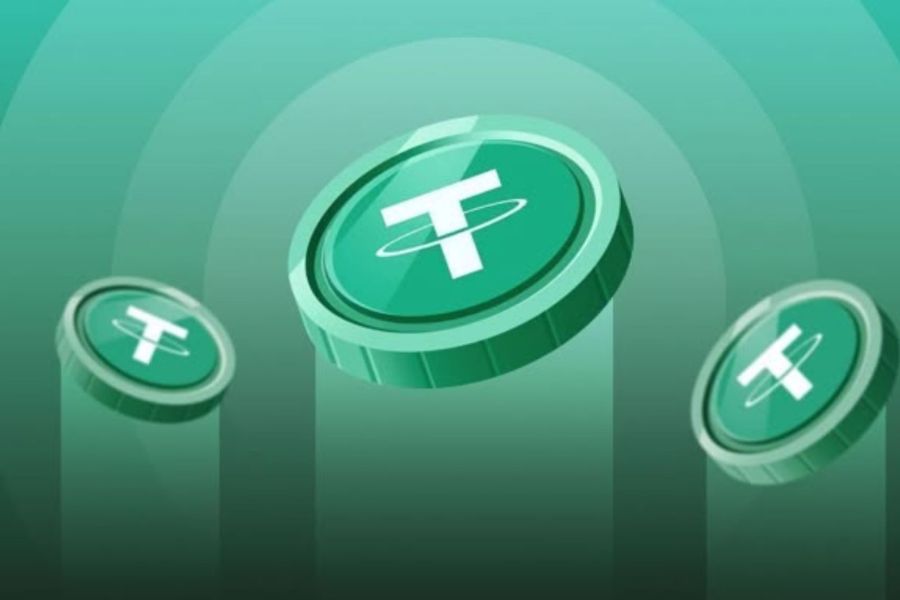Exploring the future of technology, finance, and digital power
We live in an era where information, assets, and the most important decisions of our lives are controlled by a few central entities: governments, tech corporations, and traditional financial systems. In contrast to this concentrated power model, decentralization emerges as a quiet yet unstoppable revolution, capable of transforming entire industries and returning control to individuals.
In this article, we’ll dive deep into what decentralization really means, how it applies to modern technology, why it is crucial for the digital future, and what opportunities—and challenges—it brings.
What does “decentralization” mean?
Decentralization is an organizational model where decisions and control are not held by a single authority but distributed across multiple participants.
Unlike traditional systems where a single entity makes decisions, manages data, or validates transactions, decentralized systems distribute control. This leads to fairer, more resilient, and participatory networks.
Centralization vs. Decentralization
| Feature | Centralized | Decentralized |
| Point of failure | Single server or entity | Multiple nodes |
| Control | Hierarchical | Distributed |
| Transparency | Limited | High (public blockchain) |
| Trust | In an institution | In code and the community |
Where is decentralization applied?
Cryptocurrencies and DeFi
Bitcoin was the first major decentralized application: a financial network that needs no banks, intermediaries, or governments to function. Platforms like Ethereum enabled the creation of smart contracts and entire financial ecosystems without intermediaries (DeFi): lending, saving, trading, insurance, and more.
Digital governance and DAOs
Decentralized Autonomous Organizations (DAOs) allow communities to make collective decisions through digital voting—no traditional hierarchies needed. A DAO can manage shared funds or strategic decisions for software, art, or investment projects.
Sovereign digital identity
Instead of depending on Google or Facebook, users can register with decentralized identities (DIDs) they fully control. This redefines privacy in the digital age.
Web3 social media
New platforms like Lens Protocol or Farcaster let users own their data, content, and followers—portable between platforms, independent of any company.
Decentralized storage
Protocols like IPFS or Filecoin distribute file storage across thousands of computers worldwide, avoiding censorship, server outages, and data monopolies.
Why is decentralization important?
1. Structural security
With no single point of control, decentralized systems are much harder to attack. Hacking Bitcoin, for example, would require controlling 51% of all active nodes—economically unfeasible.
2. Financial and digital sovereignty
Millions worldwide can’t access traditional banking or face blocked funds due to political reasons. With crypto and decentralized wallets, anyone with internet access can control their money.
3. Global inclusion
Decentralization grants access to digital services without relying on often inefficient or exclusive local institutions. This empowers entire communities in underserved regions.
4. Interoperability and portability
Users aren’t “trapped” in platforms—they can move assets, data, or identity between apps while retaining control.
5. Trust without intermediaries
In a world where trust in institutions is fading, decentralization offers an alternative: mathematical trust based on open code, collective validation, and public ledgers.
What are the current challenges?
- Scalability: Networks like Ethereum still face congestion and high fees in peak times.
- User experience: Many decentralized platforms remain too technical for average users.
- “Decentralization theater”: Some projects claim to be decentralized but have centralized structures behind the scenes.
- Regulation: Decentralization must coexist with regulatory frameworks to protect users and prevent abuse.
Total or partial decentralization?
Most successful projects today use a hybrid model: decentralized control (e.g., keys or validation) with centralized service layers to improve usability.
This doesn’t mean abandoning decentralization—it means balancing efficiency, security, and accessibility.
The Future is Decentralized (and More Participatory)
Decentralization is more than a tech trend—it’s a paradigm shift in how we organize, manage finances, control data, and make collective decisions.
As technology matures, more services will let you own your assets, identity, and voice.
A new digital social contract
Decentralization offers a powerful vision: a world where people don’t need permission to join the global economy, where decisions are transparent, and where data and power aren’t monopolized.
It’s not perfect or instant—but it’s the path to a fairer, safer, more open internet.





